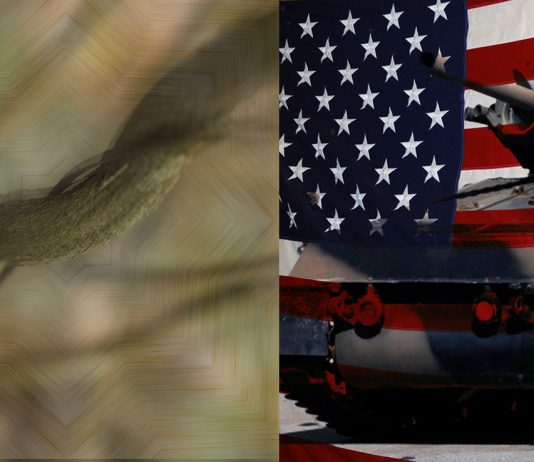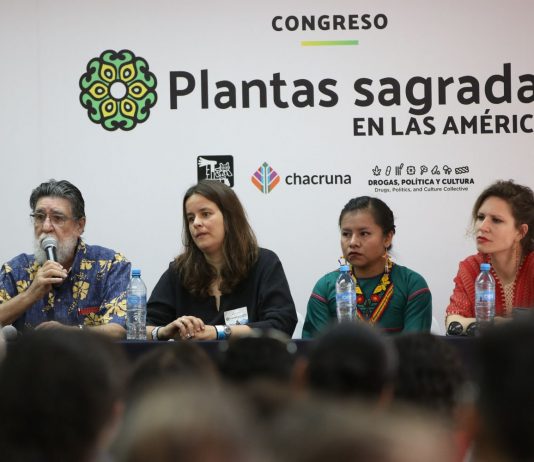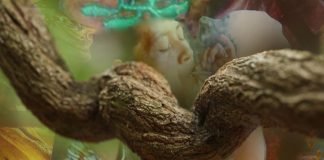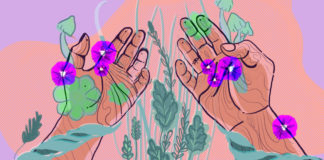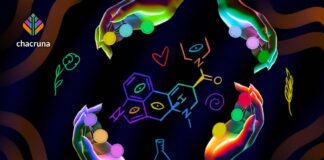Culture
- Conferences
- Culture
- Events Announcement
- In-Person Community Dialogues
- Inclusion & Diversity
- Indigenous Voices
- Integration
- Invited Panels
- Music
- News
- Newsletter
- Newsletters
- Past Courses
- Past Workshops
- Podcast
- Policy
- Power and Discrimination
- Press Release
- Queer
- Rapeh Circles
- Reciprocity Dialogues
- Research
- Science
- Sex & Power
- Spirituality
- Studies in Psychedelic Justice
- Virtual Community Forums
- Women
- Workshops
If, in the recent past, the diet was exclusively for men of this ethnic group, since 2006, some Yawanawá women
The muká diet is considered...
The burgeoning expansion of ayahuasca around the globe has allowed for the evolution of an infinitely diverse array of ayahuasca practices and communities, spanning...
In an anonymous letter, members of the Union of the Vegetal (UDV) have shown their dissatisfaction with the explicit support of certain masters at the top of the hierarchy of the UDV for the Bolsonaro government's denialist and anti-democratic policy, claiming that these practices are completely out of line with the teachings of Mestre Gabriel. Conservative demonstrations by the group's leaders are nothing new, but they began to gain public notoriety with the increase in political polarization in Brazil.
While doing fieldwork with traditional healers in the Peruvian Amazon, I realized that their way of understanding nature was profoundly embedded within the categories...
What are ethical, sustainable
relationships to entheogenic plants? How can humankind grow access to sacred
plant-based healing and insight without risking or profaning the plants and
their...
The Yanesha of Peru, along with other Amazonian groups, engage with cultural tourism in response to a global market that relentlessly reduces their choices. Greater Indigenous autonomy yields not only higher biodiversity, but also allows for community-led solutions to social, ecological, and economic problems. Supporting Indigenous autonomy involves stepping into a story of relationship, seeing the world as a society of beings instead of a collection of detached objects, and learning to listen when the forest speaks.
Magaly Tornay looks at early practices of meaning-making around LSD in the clinic, a crucial site for negotiating the normal & pathological. Tornay argues that the case of Switzerland is particularly notable in the history of LSD because the drug first found its way into psychiatry through personal connections.
As the evening fell dark, I saw 4 young indigenous students enter the round maloka ceremony space at the Temple of the Way of...
We usually think about the medical systems of indigenous people in terms of plants, rituals, or shamanic chanting. But one very important health strategy...
Brazilian journalist Marcelo Leite reviews Michael Pollan’s takes on mescaline, opium, and caffeine in Pollan’s new book How To Change Your Mind. Leite explores histories, controversies, and experiences surrounding these psychoactive plants stemming from Pollan’s experiences while also taking into account broader historical and contemporary issues.






